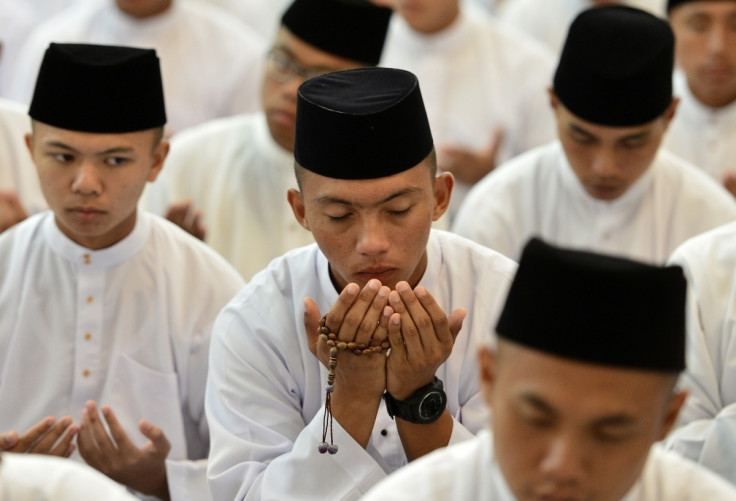Brunei Adopts Islamic Sharia Law; Flogging, Amputation and Stoning to Death to be Brought in Gradually

Brunei has become the first East Asian nation to implement sharia law, the stringent Islamic penal code.
The harsh criminal law will be implemented in three phases, with the more stringent forms of punishments such as amputation, flogging and stoning to death slated to be brought in gradually over a period of three years.
Defying international criticism against such a move, the Sultan of Brunei has said the country will impose sharia law from 1 May.
"Today... I place my faith in and am grateful to Allah the almighty to announce that tomorrow, Thursday May 1, 2014, will see the enforcement of Sharia law phase one, to be followed by the other phases," Sultan Hassanal Bolkiah said in a speech.
In the first phase, fines and jail terms will be given for pregnancies outside marriage or failure to attend Friday prayers. During the second phase, which will come into effect later this year, whipping and amputation of limbs will be awarded for crimes such as theft and alcohol consumption.
Once the final phase is implemented, offenders will face the death penalty - most likely by stoning - if they insult Koran or Prophet Mohammad.
About 70 percent of the country's 400,000-strong population is Muslim but most of the punishments under the sharia law are applicable to the non-Muslims as well.
Crimes such as adultery, propagation and practice of religions other than Islam and even failure to perform Friday prayers attract harsh punishments under the sharia law.
The 67-year-old Sultan, one of the world's wealthiest people, wields absolute powers in the oil-rich country and his decisions are seldom questioned.
However, the proposal, which was announced six months ago, had sparked rare but strong criticism in social media. In a strong reprisal, the Sultan has warned Bruneians not to attempt to sabotage his policies.
The UN had earlier expressed concerns over the implementation of sharia law. "Under international law, stoning people to death constitutes torture or other cruel, inhuman or degrading treatment or punishment and is thus clearly prohibited," Rupert Colville, spokesperson for UN High Commissioner for Human Rights, said in early April.
© Copyright IBTimes 2025. All rights reserved.





















